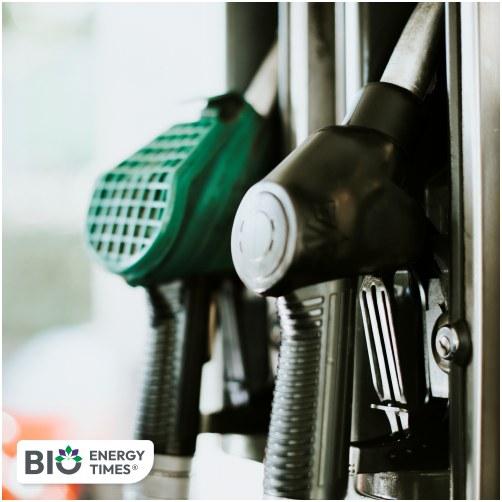European ethanol biorefineries produced more food and animal feed than renewable fuel in 2024, according to audited figures released by ePURE, the European renewable ethanol association.
Data compiled from ePURE members, who represent 85% of the EU’s installed ethanol production capacity, along with other European renewable ethanol producers, showed that 6.9 million tonnes of food and feed co-products were generated last year. These included high-protein animal feed, alongside 5.4 million tonnes of renewable ethanol.
Additionally, producers captured 1.54 million tonnes of biogenic CO₂, a strategic product increasingly used as a fossil CO₂ substitute in various industrial applications such as beverage carbonation and greenhouse fertilisation.
“At a time of ever-shifting global trade policies, the strategic importance of domestic renewable ethanol biorefineries has never been more vital for Europe,” said ePURE Director General David Carpintero. “As these latest figures show, European biorefineries help reduce carbon emissions, secure food systems, ensure energy independence, and strengthen agricultural and industrial resilience.”
All crops used by the audited biorefineries were grown within Europe. Of the total renewable ethanol output, 86.5% was used as fuel, while 6.9% went to industrial applications—including hand sanitisers—and 6.6% to the food and beverage sector.
The audit also highlighted record-high greenhouse gas (GHG) savings from European-produced ethanol. On average, it delivered a 79% reduction in emissions compared to fossil petrol, reinforcing its role in decarbonising transport—particularly as petrol and hybrid vehicles will remain common on European roads for years to come.
ePURE represents 41 member companies and associations operating approximately 50 plants across the EU and the UK. The data was compiled from industry members and verified by auditing firm Copartner.














